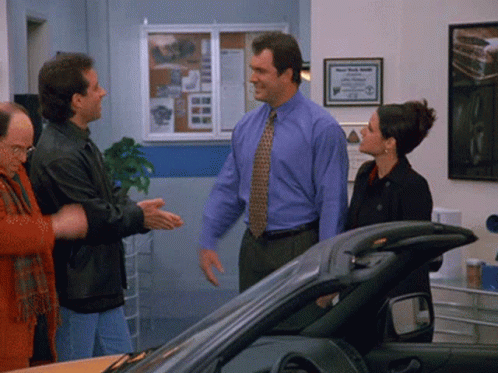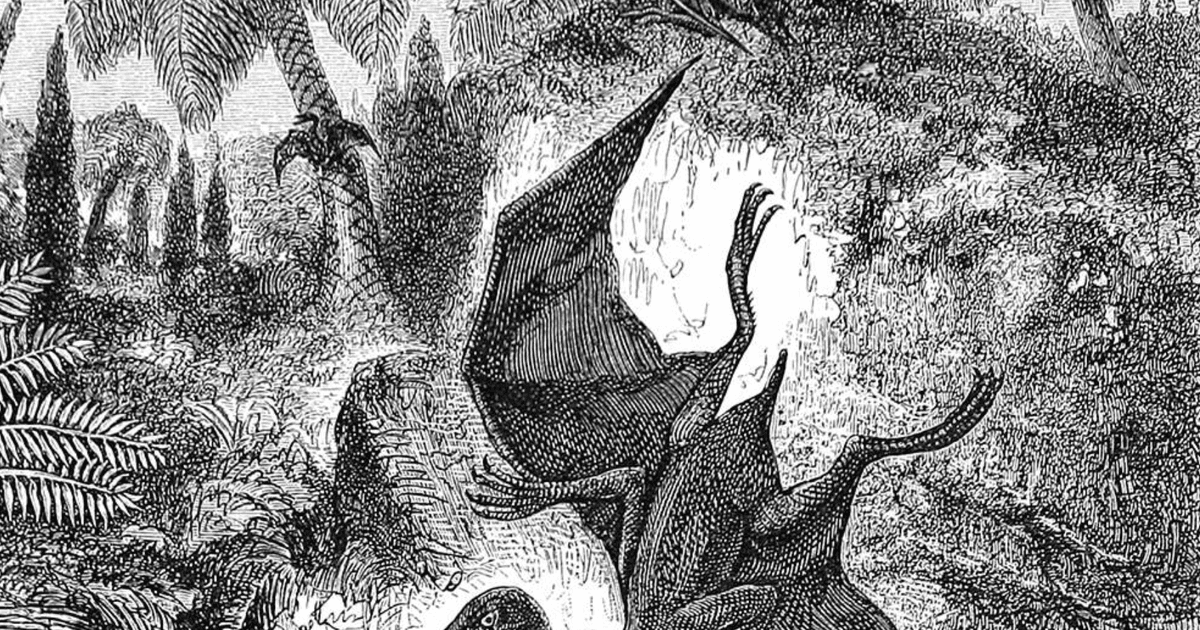In Praise of Clichés

Avoid stale phrases. Orwell called them "dying metaphors." Robert Fiske called them "moribund metaphors." They're sayings that have been used hundreds of time but haven't yet made it into regular vernacular.
"Emotional rollercoaster," "It's a jungle out there." Things like that.
They're the stylistic equivalent of the high five.

They're closely related to the cliché. A cliché is a trite phrase that substitutes for thought. If you want to assure your friend, or your reader, that you're not really engaged in the dialogue, use a cliché.
Friend: "I don't know what to do. My husband left me with five small children. Sob, sob, sob."
Response: "Into every life some rain must fall."
That phrase was beautiful when Longfellow created it, but it has become ugly. It is now a phrase that assures the other person, if only implicitly, that you really don't give a s*** about her problem or you're simply too stupid to offer a thoughtful response.
I believe every decent writer agrees with the above.
But clichés might not be entirely bad. They might reveal a lack of explicit thought, but maybe they contain a level of implicit thought: embodied wisdom, perhaps.
They might, in other words, show a lack of left hemisphere thinking but simultaneously show a level of respect for implicit wisdom that, though it might escape immediate articulation or clarification, the right hemisphere appreciates.
That, anyway, is what I think the essayist here, drawing on the interesting David Foster Wallace, is saying.
This is not the praise of cliché that I started out to make. It is, rather, a plea for contentment with basic wisdom. And it is condemnation of hucksters who cannot tell the difference between originality and foolishness, or creativity and novelty. There is such a thing as cliché. But let’s not, in our attempt to avoid cliché, avoid reality as well.
Literature, said Martin Amis, is a "war against cliché." It's a war I like to think I wage here at TDE. But there's no reason to be self-righteous about it, especially when the occasional cliché might offer more than what meets the left hemisphere.
Martin Amis, R.I.P.
On the late British novelist.


